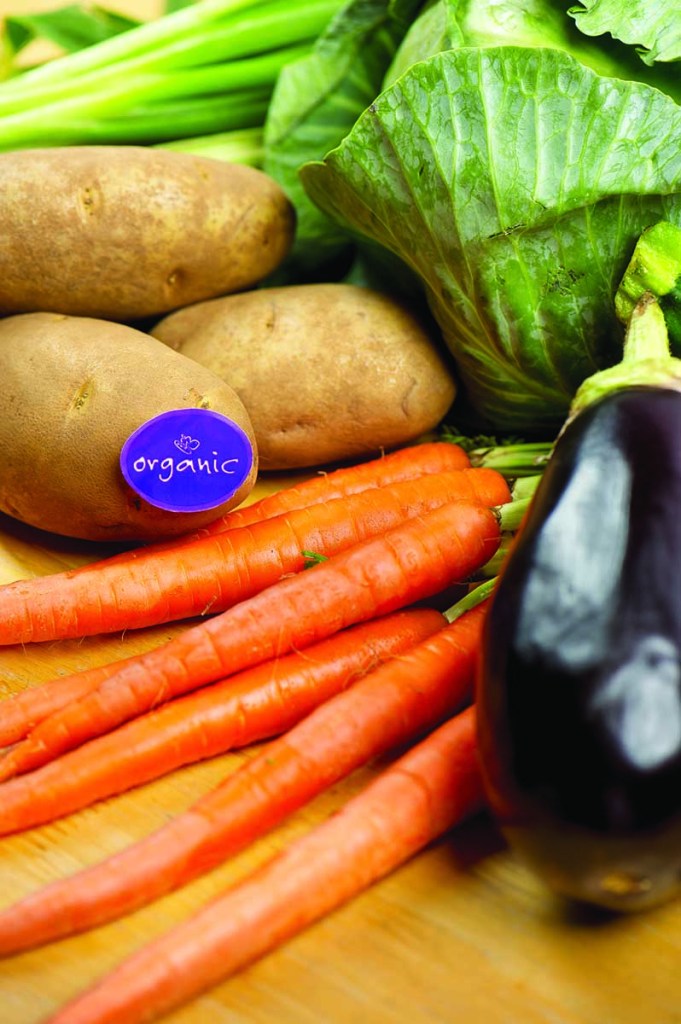What the cottage food law means for you
Published 8:35 pm Wednesday, August 20, 2014

- The new law, which went into effect June 1, allows anyone to sell nonhazardous foods made in the home directly to consumers.
Alabama’s Cottage Law as it pertains to foods is now in effect. The new law, which went into effect June 1, allows anyone to sell nonhazardous foods made in the home directly to consumers. A food service permit is required to operate any establishment that prepares and sells food to the general public. The Alabama State Board of Health some years back adopted the 2005 FDA Model Food Code that states that residential home kitchens do not meet the requirements of the food code and cannot be permitted.
However as of June 1, 2014 Alabama now does have exemptions that allows some non potentially hazardous foods, such as baked goods such as, cakes, cookies and breads that do not have to be refrigerated, jams and jellies, dried herbs and herb mixes can be sold at state sanctioned farmers markets and directly to the public from their home. The consumer buying the products must be notified by a sign or label that the product has not been inspected by a regulatory authority.
At Auburn University, Dr. Jean Weese, a food safety specialist who heads the Alabama Cooperative Extension System’s food safety team, says that, while these foods are not subject to inspection by the local public health department, the preparers of these foods are required to attend a food safety course.
“This food safety course, which is required by the new Cottage Food Law, teaches basic food safety steps with the goal of ensuring that the food sold to friends and neighbors is as safe as possible,” Weese said.
The training that is beginning across the state is especially tailored to help cottage food entrepreneurs comply with this act.
“The concepts taught in this class will apply specifically to foods prepared in the home,” Weese said, adding that participants will receive a certificate upon completion of the course this certification will be good for 5 years like the Servsafe Certification Course currently is.
The Cottage Food Law requires entrepreneurs to attend this prescribed safety course, and the cost of each course is $25. There are fines that the County and State Health Department can write for those who do not abide by this new law which can be pretty costly.
The ServSafe Food Safety certification that is provided by Alabama Extension and other agencies also can be used to comply with the new law, Weese says.
Under the new Cottage Food Law, home prepared food cannot be sold to restaurants, novelty shops, grocery stores or via the Internet.
Likewise, the law prohibits certain foods, including baked goods with ingredients that require refrigeration, from being sold to directly to consumers. These include custard pies, Danish with creamed fillings and cakes with whipped toppings.
Products that also are prohibited under the law include juices from fruits and vegetables, raw milk products, soft and hard cheeses, pickles, salsa’s, barbecue sauces, canned fruits and vegetables, garlic in oil and meats in any form.
The Cottage Food Law also requires entrepreneurs to include labels bearing the following information on their products: the name of the individual entrepreneur(s) or business; the address of the individual(s) or business; and the statement that the food is not inspected by the Department of Public Health.
Sales prescribed under the Alabama Cottage Food Law cannot exceed $20,000.
For more information on this topic or any other food-related question, please call Angela Treadaway, Regional Extension Agent, at the St Clair County Extension Office at 205-338-9416 or on her cell at 205-410-3696. There will be a class taught for those interested on October 6 from 4-6 pm at the St Clair County Extension Office in Pell City. Cost is $25. Online registration is available at www.aces.edu/foodsafety/.

